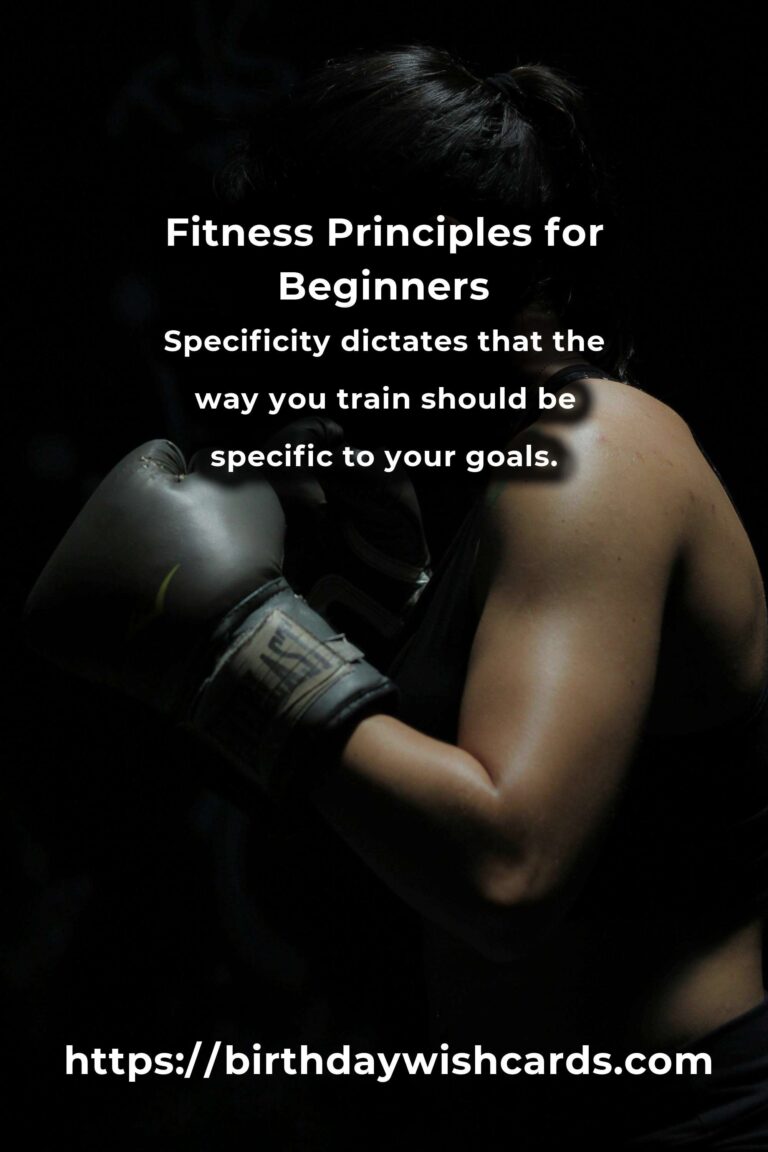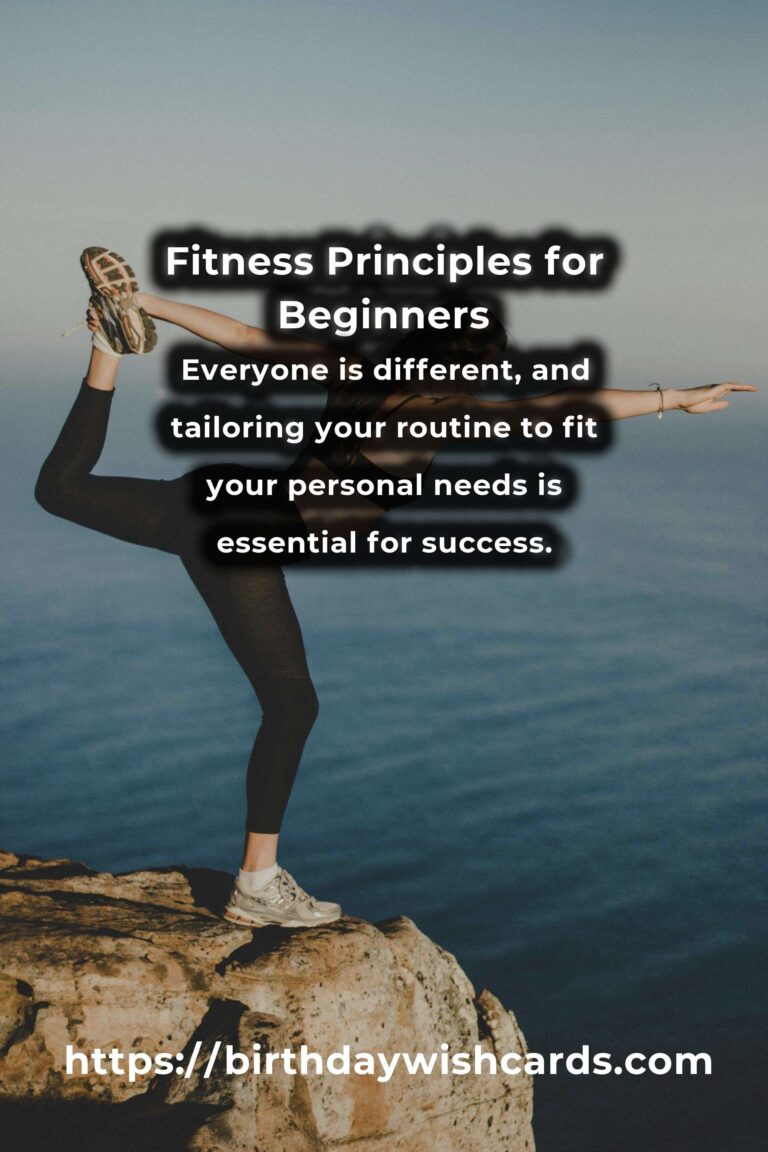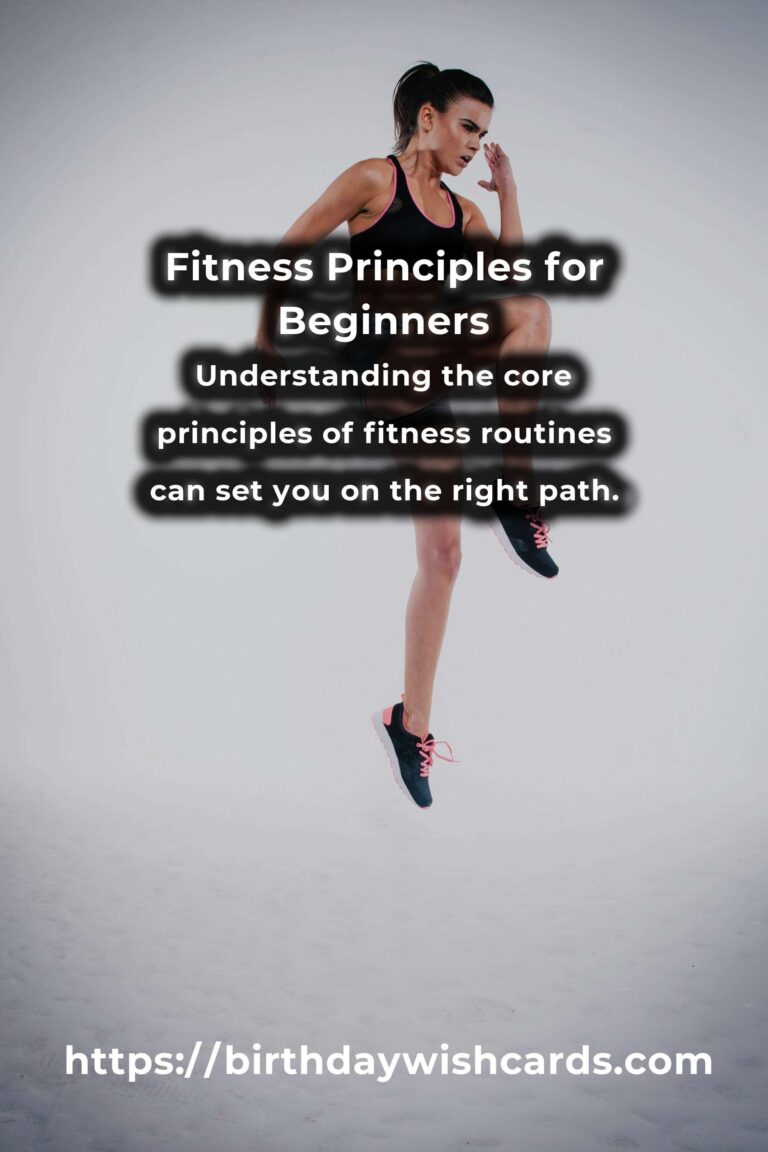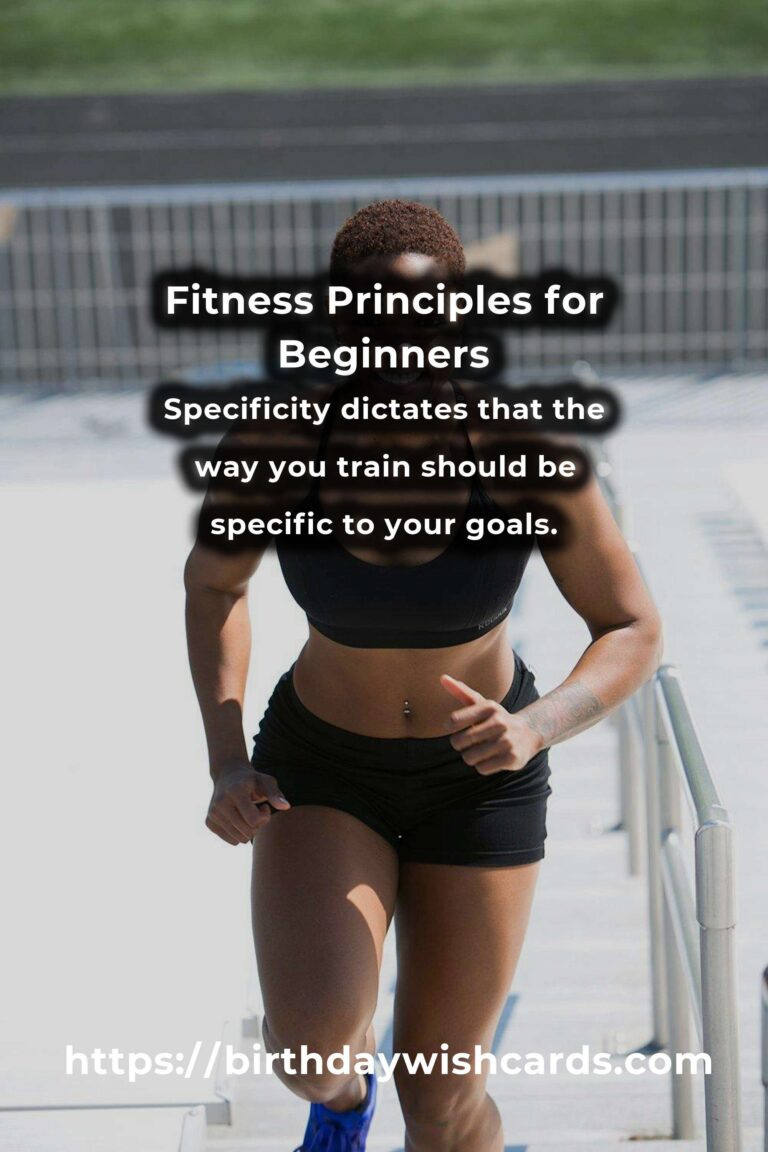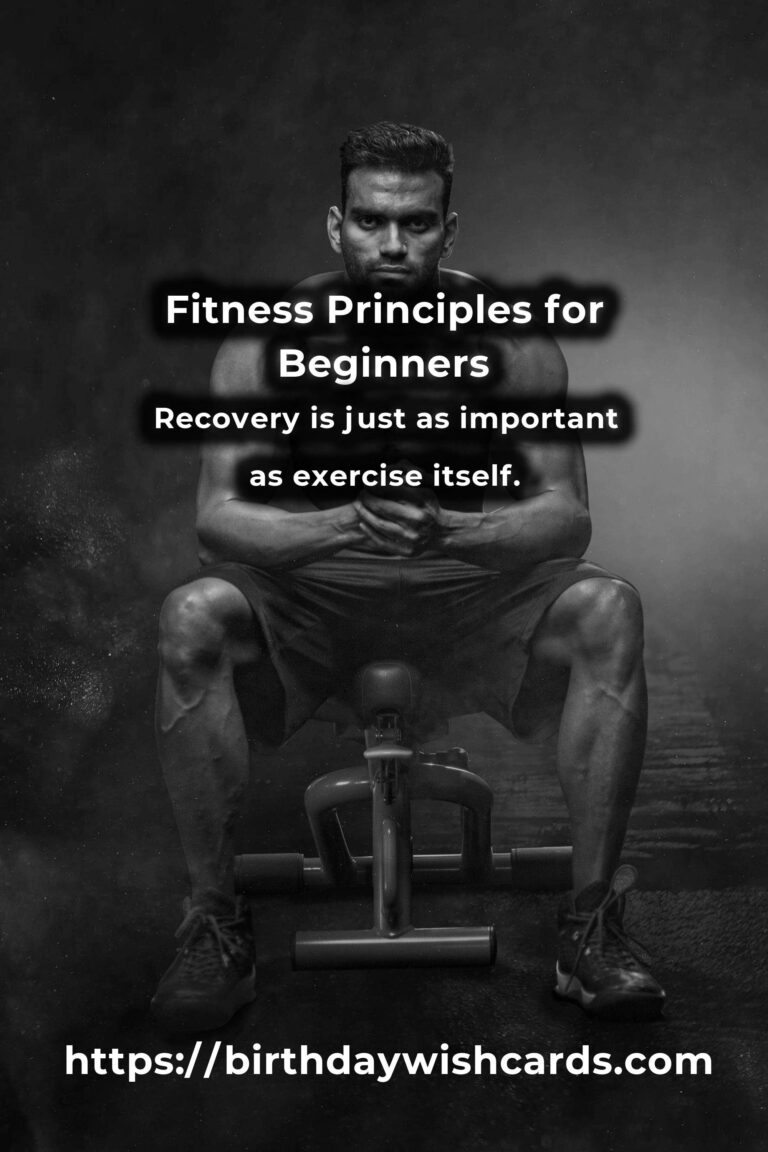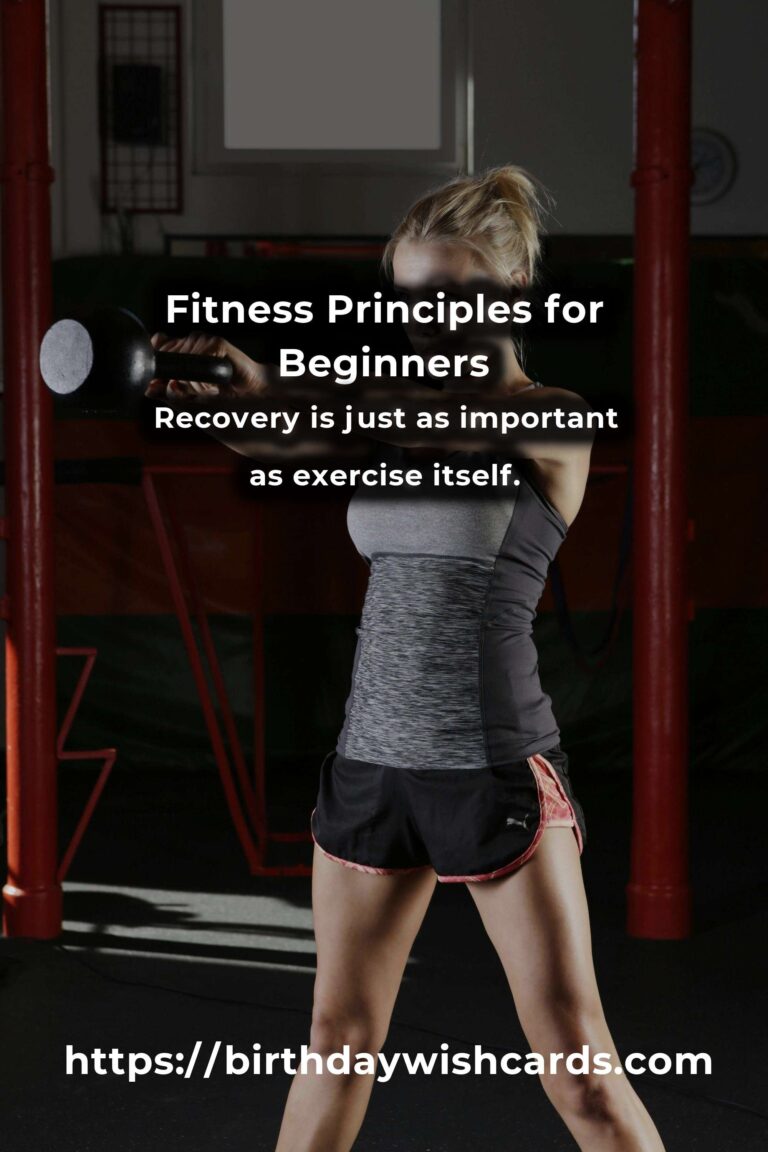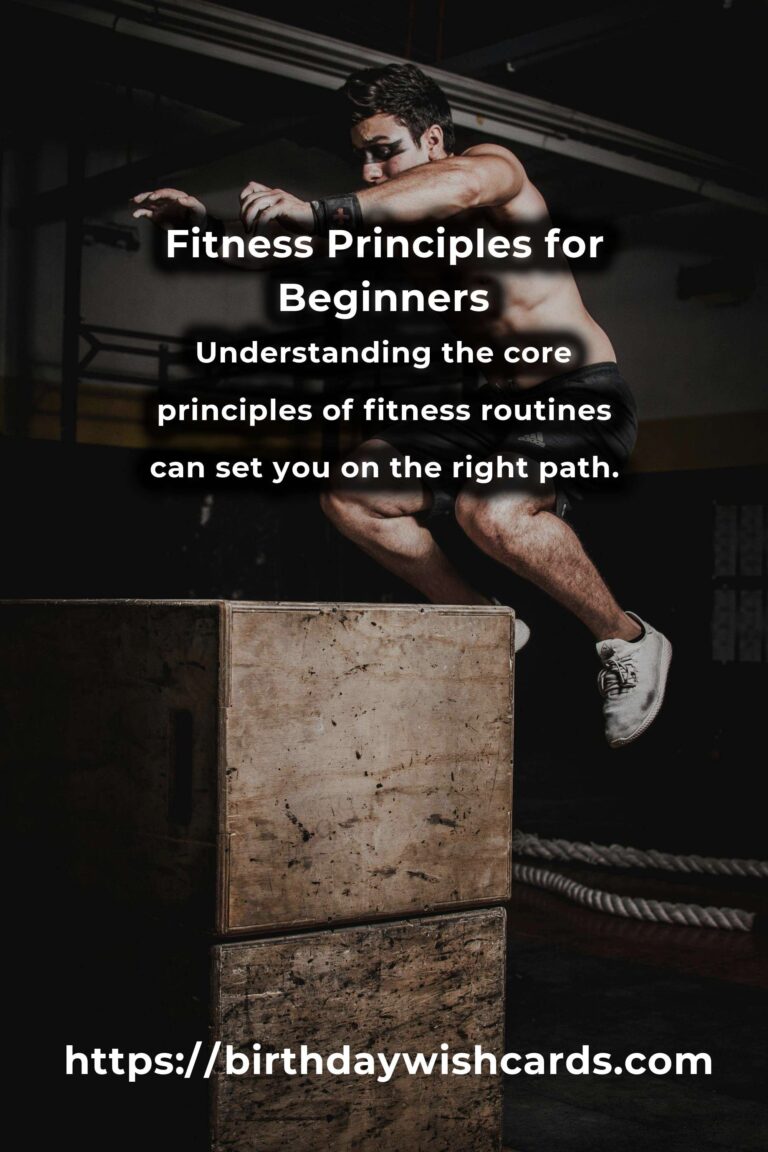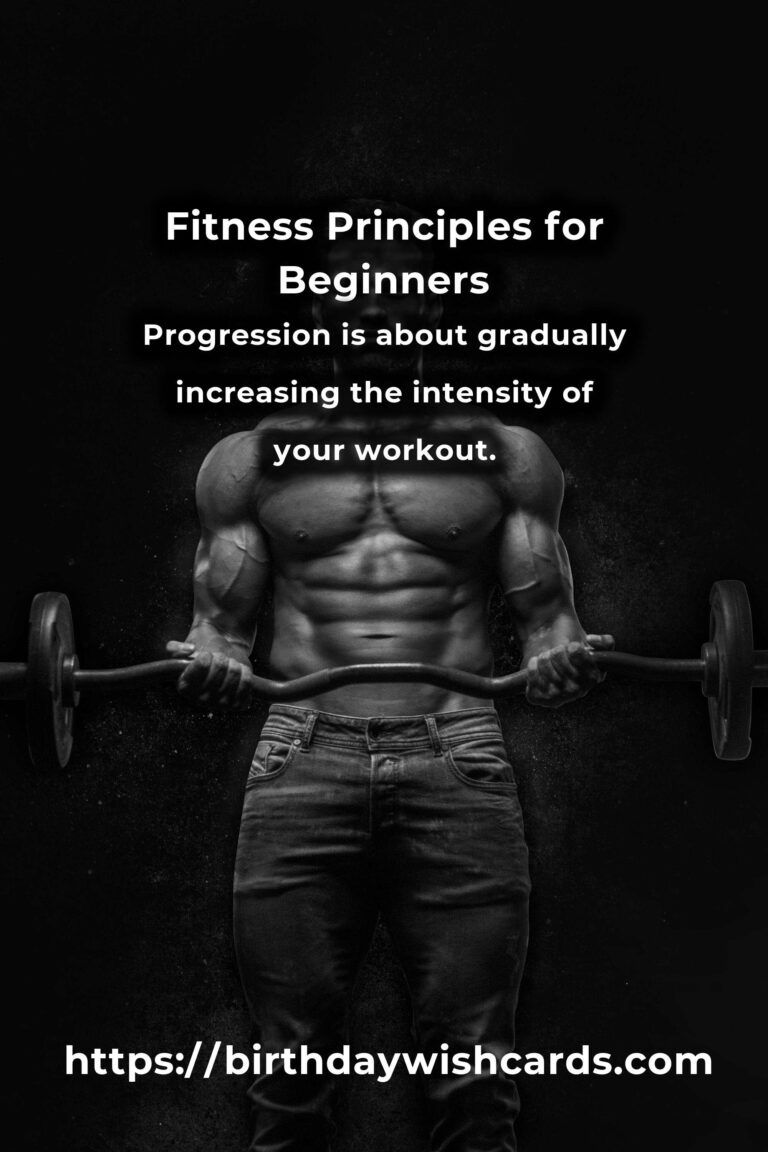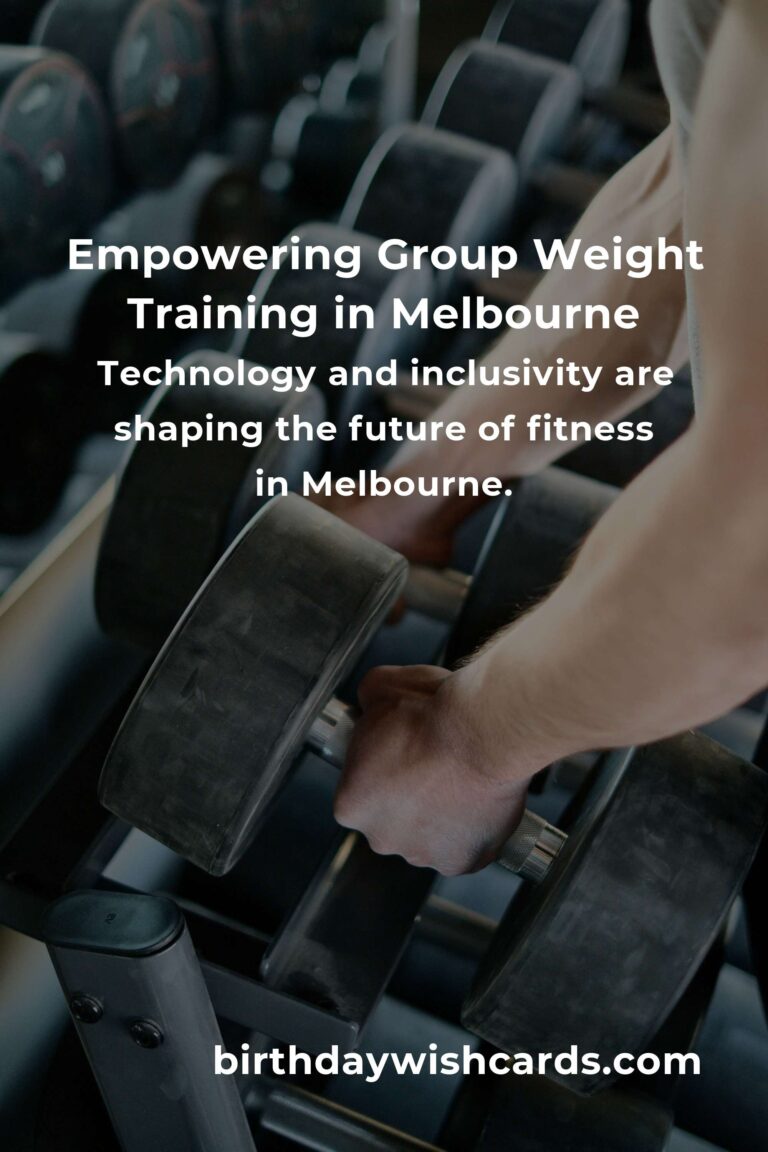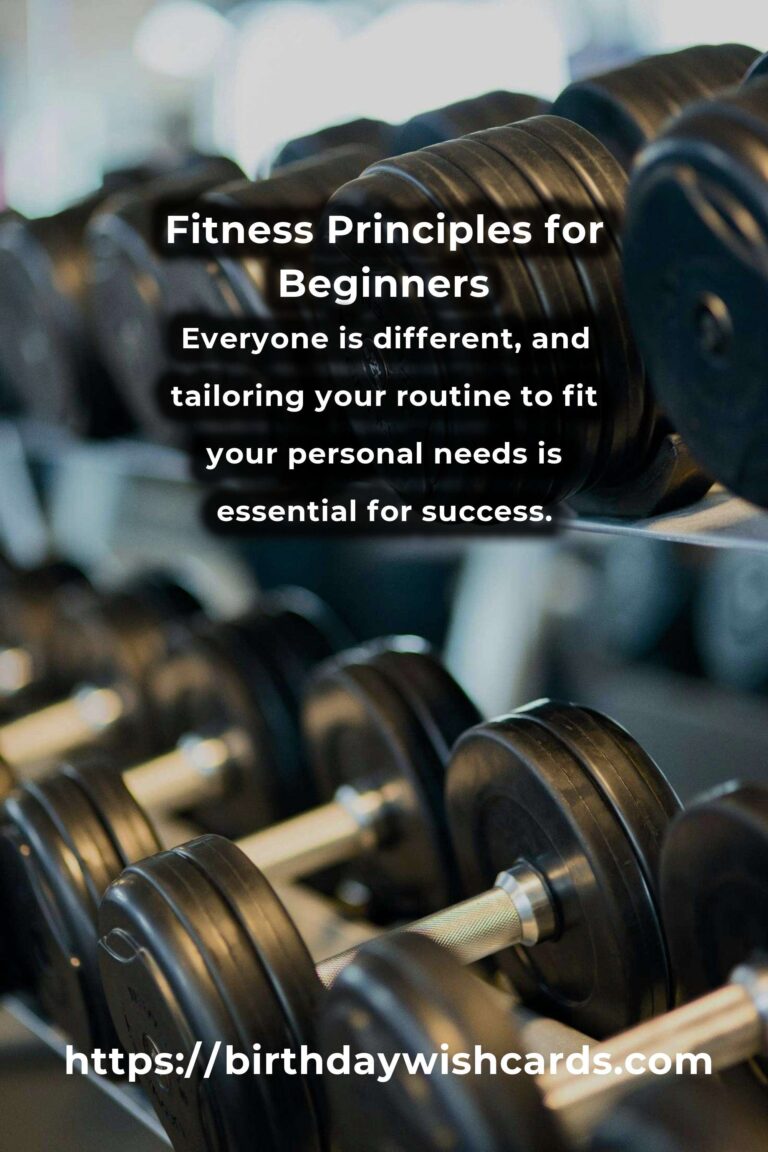
Embarking on a fitness journey can be both exciting and daunting, especially if you’re a beginner. Understanding the core principles of fitness routines can set you on the right path and help you achieve your health goals efficiently. This guide aims to offer clarity on the fundamental aspects that every fitness enthusiast should know.
Understanding Fitness Principles
The first step in beginning any fitness routine is understanding the underlying principles that make these routines effective. These principles include specificity, progression, overload, recovery, and individuality. Let’s break each one down:
Specificity
Specificity dictates that the way you train should be specific to your goals. If you’re aiming to build muscle, your exercises should focus on strength training. For those aiming to improve cardiovascular health, activities like running or cycling are more appropriate.
Progression
Progression is about gradually increasing the intensity of your workout. As your body adapts to exercises, increasing the difficulty helps continue the improvement and avoid plateaus.
Overload
Overload means working your body harder than it is used to. This can be achieved by increasing weights, repetitions, or intensity. Overload is crucial for muscle growth and improved endurance.
Recovery
Recovery is just as important as exercise itself. Allowing time for muscles to heal and adapt can prevent injuries and improve performance over time.
Individuality
Everyone is different. Factors like age, gender, genetics, and current fitness level can affect how your body responds to exercises. Tailoring your routine to fit your personal needs is essential for success.
Building a Beginner’s Fitness Routine
When constructing a fitness routine, it’s important to balance various types of exercises to ensure a comprehensive approach to fitness. Here’s how you can start:
Warm-up
Always start with a warm-up. This prepares your body for physical activity by increasing blood flow to muscles and reducing the risk of injury. A good warm-up can include light cardio and dynamic stretches.
Cardiovascular Exercise
Cardio exercises like walking, jogging, or cycling improve heart health and burn calories. Beginners should aim for at least 150 minutes of moderate aerobic activity each week.
Strength Training
Incorporate strength training exercises two to three times a week. Focus on major muscle groups using bodyweight exercises, resistance bands, or weights. Start with one set of each exercise, gradually increasing as you build strength.
Flexibility and Balance
Don’t neglect flexibility and balance exercises. Practices like yoga or pilates can improve flexibility, enhance balance, and reduce the risk of injury.
Cool Down
Conclude your workout with a cool down to bring your heart rate back to normal. This can include static stretches and deep breathing exercises.
Staying Motivated
Consistency is key in fitness. Staying motivated can be challenging, but setting realistic goals, keeping track of progress, and rewarding yourself for achievements can help maintain enthusiasm. Surround yourself with a supportive community, whether online or in-person, to share insights and encouragement.
Conclusion
Beginning a fitness routine requires understanding, planning, and dedication. By adhering to fitness principles and creating a balanced routine, you can set a strong foundation for a healthier lifestyle. Remember to listen to your body, celebrate small victories, and enjoy the journey to better health.
Understanding the core principles of fitness routines can set you on the right path. Specificity dictates that the way you train should be specific to your goals. Progression is about gradually increasing the intensity of your workout. Overload means working your body harder than it is used to. Recovery is just as important as exercise itself. Everyone is different, and tailoring your routine to fit your personal needs is essential for success. Staying motivated can be challenging, but setting realistic goals can help maintain enthusiasm.
#Fitness #BeginnerFitness #HealthJourney #ExercisePrinciples


